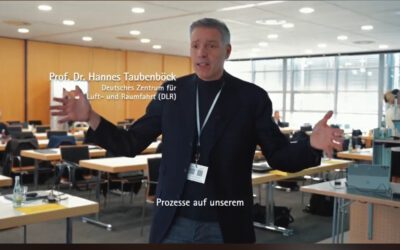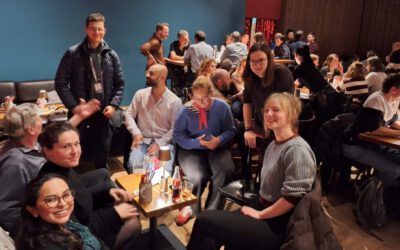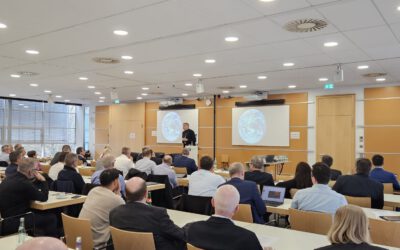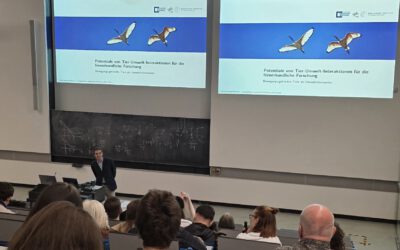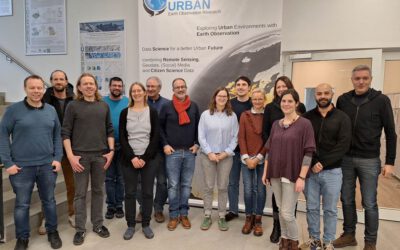
Dan Kanmegne joined the Department of Remote Sensing in October 2019 as a PhD student in the project WASCAL-DE-Coop. His work focusses on mapping agroforestry systems (AFS) and estimating the above-ground biomass of trees in different AFS. Eventually, Dan’s work will contribute to suitability maps and a methodology for carbon estimation in the existing AFS in West Africa.
Dan is a graduate student of the Faculty of Geo-Information Science and Earth Observation (ITC) of the University of Twente (Netherlands). Before that, he studied forestry and agroforestry at the Faculty of Agronomy and Agricultural Sciences (FASA) of the University of Dschang (Cameroon).
Dan worked with IITA (International Institute of Tropical Agriculture) on carbon estimation and monitoring for REDD+ in different projects in tropical dense forest and dry savannah regions of Cameroon. Together with IITA and ICRAF (World Agroforestry Centre), he has also worked on different topics of agroforestry in the context of alternatives to slash-and-burn agriculture for REALu (Reduction of Emissions from Agriculture and other Land uses).


